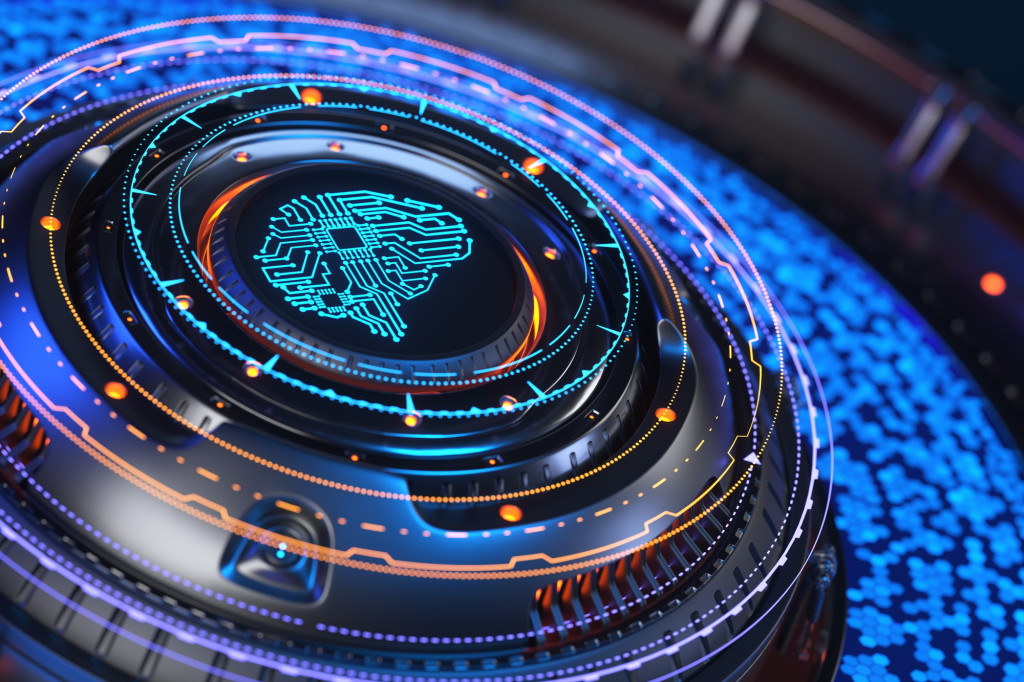G7 Leaders issue joint statement on AI for prosperity
A major outcome of the meeting was a pledge to pursue a coordinated effort to guide the responsible development and adoption of AI—aimed at boosting economic growth, improving public services, and strengthening global cooperation, while also addressing the social, environmental, and ethical challenges of rapid technological change.

Leaders of the G7 wrapped up their summit in the Canadian Rockies on Tuesday (17 June) with a series of pledges aimed at shaping the future of technology and global cooperation. From artificial intelligence and quantum computing to critical mineral supply chains, the talks signalled a shift from broad declarations to more concrete action. At the heart of the summit was a shared determination to harness emerging technologies for the public good, strengthening economies, improving public services, and narrowing global digital divides, while confronting the risks that come with rapid innovation.
G7 leaders’ statement on AI for prosperity
The G7 emphasised a human-centred approach to AI, one that prioritises public benefit, transparency, and accountability. Leaders pledged to accelerate AI adoption across public sectors to make government services more efficient and responsive. Canada, which holds the 2025 G7 presidency, announced the launch of the GovAI Grand Challenge and the G7 AI Network (GAIN), initiatives designed to foster collaboration on AI development among member countries. These efforts will focus on scaling successful projects, sharing open-source solutions, and aligning digital infrastructure for long-term public use.
Recognising the importance of small and medium-sized enterprises (SMEs) in driving economic growth, the G7 introduced a comprehensive AI Adoption Roadmap to help these businesses access and implement AI technologies. The roadmap outlines support for computing resources, technical mentorship, and cross-sector collaboration to bridge the gap between innovation and practical application. It also includes efforts to strengthen AI skills, promote responsible data use, and build public trust in new technologies. The Organisation for Economic Co-operation and Development (OECD) will contribute to this work through research and guidance.
Workforce development featured prominently in the commitments, with leaders reaffirming the need to prepare workers for AI-driven transitions. The G7 plans to expand talent exchange programs, link academic research with real-world business needs, and promote inclusive access to science and technology fields. This includes encouraging participation from underrepresented communities and increasing the number of women in AI-related roles.
The leaders also addressed concerns about the environmental footprint of AI, particularly its demand on energy systems. They agreed to cooperate on reducing the energy consumption of AI models and data centres, while exploring how AI can improve energy efficiency and infrastructure. A joint work plan on AI and energy will be developed by the end of the year to guide this effort, aiming to align innovation with sustainability.
Global equity in AI access was another focal point. G7 leaders acknowledged the challenges faced by emerging markets and developing countries in building AI capacity. They committed to supporting these regions through investment, knowledge-sharing, and collaborative initiatives such as AI for Development and the Hiroshima AI Process Friends Group. The aim is to promote inclusive technological growth that responds to local needs.
Trust remains a cornerstone of the G7’s AI strategy. Leaders will build on existing international frameworks to provide clear guidance for ethical and responsible AI use. Plans include publishing toolkits, sharing case studies, and supporting the implementation of reporting frameworks developed through multilateral efforts. These tools are intended to help businesses, especially smaller firms, adopt AI in a way that earns public confidence and delivers measurable value.


